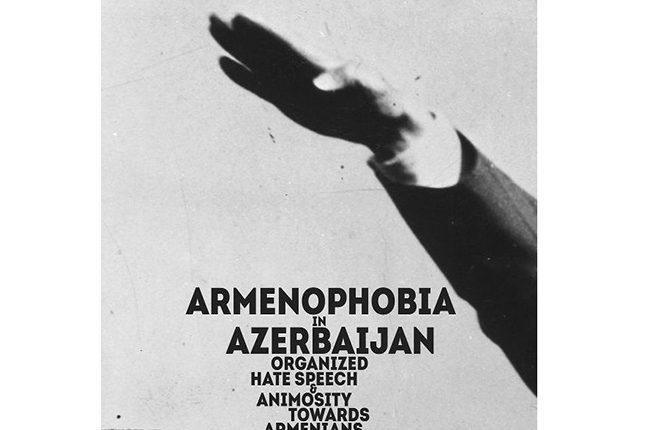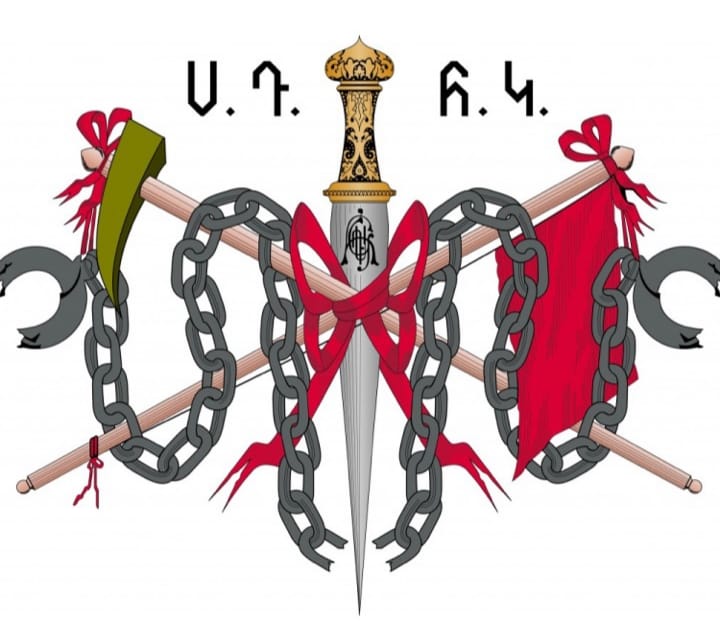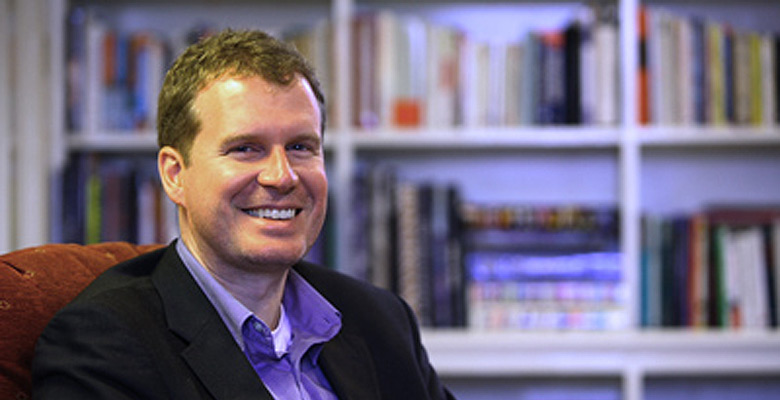Around three decades ago, the zenophobic population of Baku explicitly expressed their intolerant and Armenophobic inclinations, which were suppressed since the establishment of the Soviet Union.
Describing the events of “Black January”, also known as the “Baku Pogroms” a report published by the New York Times mentioned the following: “Here and there, boarded windows or soot-blackened walls mark an apartment where Armenians were driven out by mobs and their belongings set afire on the balcony. The Armenian Orthodox Church, whose congregation has been depleted over the past two years by an emigration based on fear, is now a charred ruin. A neighbor said firefighters and the police watched without intervening as vandals destroyed the building at the beginning of the year.”
In the same context, the Russian newspaper Izvestia (1) referred to the series of events as follows: ”On January 13, 1990, a crowd of some 50,000 people who were going out on a demonstration from the Lenin square, splitting into groups, committed pogroms, destructions, arsons, violence, and murders… a huge mob was yelling slogans glory to the heroes of Sumgait and viva Baku without Armenians… On January 16, 64 cases of pogroms were identified, when Armenians became the victims… In the Lenin district of the capital, 4 burnt unidentified bodies were found… On January 17, 45 pogroms and arsons of residential houses in Baku were committed”.
Reporting on the events, the Human Rights Watch reporter Robert Kushen(2) describes the massacres as follows, “the action was not entirely, or perhaps not at all, spontaneous, as the attackers had lists of Armenians and their addresses”.
Based on the historic events mentioned above, we may objectively analyze and conclude that the essence of the Azerbaijani national ideology and collective consciousness carries in its depths, a non-tolerant and aggressive approach towards Armenians. An approach which is explicitly expressed through several heinous acts carried out by the Azerbaijani State, military apparatus, and general population.
The late September 2020 Artsakh-Azerbaijani war, triggered by Baku, was a clear example of the systematic behavior, reflecting the intolerance of the Azerbaijani government and population. The war events clearly expressed the extent of aggression and the Armenophobic approach manipulated by the Azerbaijani authorities.
This past week, Azerbaijani dictator Aliyev once again threatened not only the inhabitants of Artsakh, but Armenia as well by stating the following: Baku would continue to “thwart the attempts of the OSCE Minsk Group to deal with the Karabakh issue.” As he noted that Azerbaijan is carefully pursuing army building in Armenia, the threats will be eliminated even inside the territory of Armenia. “Armenia and the whole world saw [during the war] that nobody could stop us… I was demanding that they present us with a date for the liberation of our lands before we stop [hostilities.] I am saying the same thing now: tell us when the Zangezur corridor will be opened and there will be no problems.” The so called “Zangezur corridor” is Armenia’s Syunik province, internationally recognized as Armenia’s southern borders.
By continuously rejecting the role of the OSCE mediators and a peaceful resolution to the Artsakh conflict, Aliyev has reinforced Armenophobia as the bedrock of his regional foreign policy.
The Armenian Council delineates this foreign policy as promoting ethnic cleansing, bigotry, and intolerance throughout the region in an attempt to completely derail any hope of a peaceful resolution. We demand the international community to call out this dictatorial rhetoric, in an effort to reaffirm and strengthen international peace and regional security.
(1)Izvestia Newspaper, Russia, ed. January 18, 1990.
(2) Conflict in the Soviet Union: Black January in Azerbaidzhan, by Robert Kushen, 1991, Human Rights Watch.










